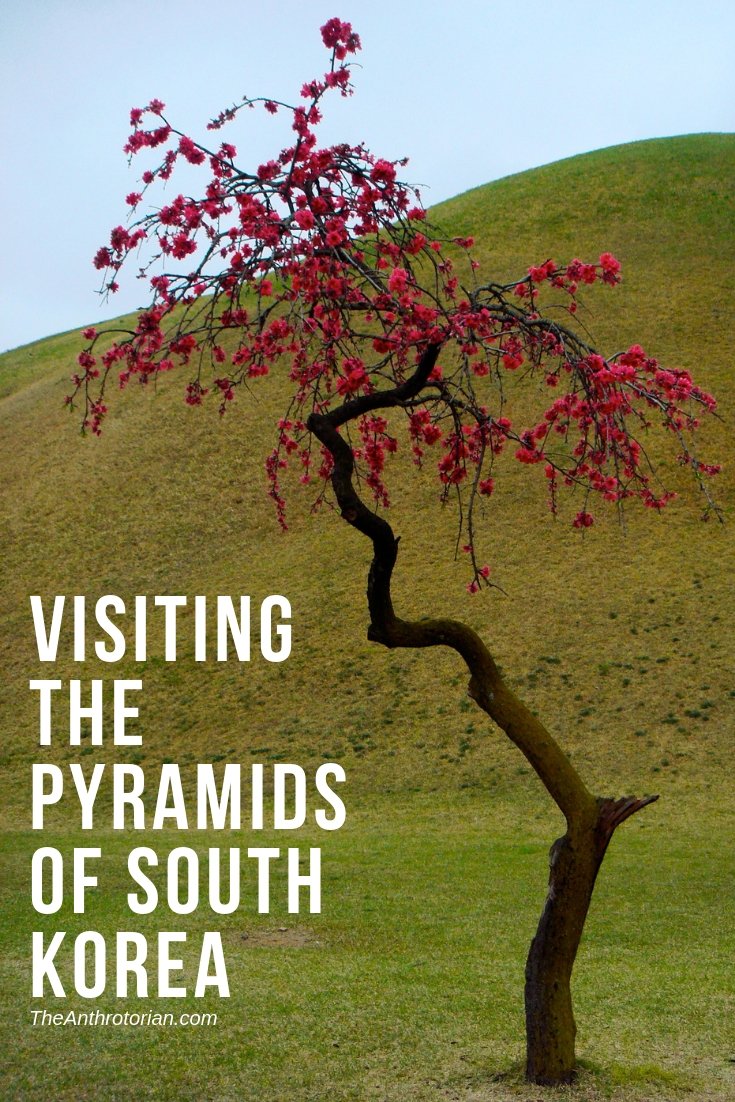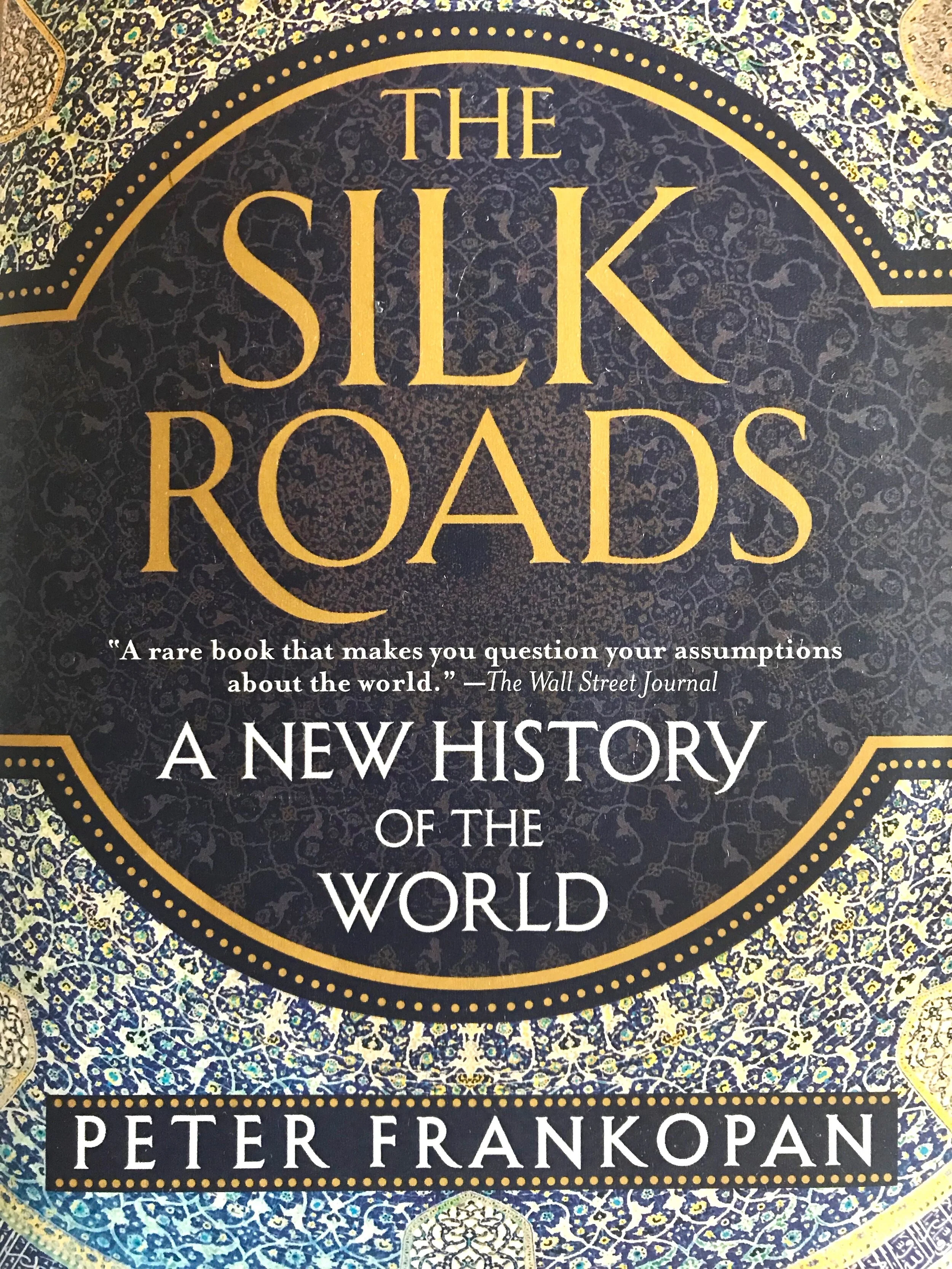1. Maulana Karenga created Kwanzaa in 1966 as the first African-American holiday. It is observed throughout the USA, Canada, and in parts of Brazil.
2. It is a week-long celebration that runs from December 26 – January 1.
3. Kwanzaa does not replace other seasonal holidays, and many celebrate it alongside Christmas and New Years.
4. The point of the holiday is to celebrate African history, culture, and unity which is done through lighting candles, decorating the home with traditional art, wearing traditional clothing, performance, and feasting with family and friends.
5. There are 7 Principles of African Heritage that are meditated on during the week. They include; unity, self-determination, collective work and responsibility, cooperative economics, purpose, creativity, and faith.
6. People commonly greet each other with "Joyous Kwanzaa!"





















